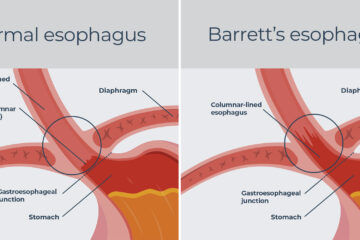
A patch delivering one, two or three types of colon cancer treatment could make surgery for the disease unnecessary, according to researchers who developed it.
Gene therapy, chemotherapy, thermal ablation, or a combination of the three, can be delivered by a hydrogel patch, a method shown to shrink tumors in mice, preventing recurrence and extending the rodents’ survival, according to a study published in the journal Nature Materials.
After a colon cancer diagnosis, surgery is generally part of the treatment plan, but researchers who developed the patch say it could change the way the disease is treated — potentially eliminating the need for surgically removing tumors.
“Our preclinical results are remarkable,” Dr. Natalie Artzi, a researchers at Brigham and Women’s Hospital, said in a press release. “By using local, combination treatment, we achieved complete tumor remission when the patch was applied to non-resected tumors and elimination of tumor recurrence when applied following tumor resection.”
For the study, the researchers applied the patch to mice with colon cancer to test local treatment of tumors without surgically removing any part of them ahead of time.
Spherical gold nanoparticles in the patch first deliver gene therapy to a cancer gene called Kras before near-infrared radiation is applied to release a chemotherapeutic drug and induce cell damage using heat. In addition to shrinking tumors, the researchers report a sustained effect over time prevented the tumor from growing back.
The researchers surmise the hydrogel patch method could be adapted to other forms of cancer — though they plan to test it on colon cancer first.
“Next, we would like to use colonoscopy equipment to locally apply the patch to tumors in large preclinical models,” Artzi said. “Using minimally invasive techniques to apply the triple-therapy patch and evaluate its efficacy has the potential to improve clinical procedures and therapeutic outcomes.”
[Source:- UPI]




